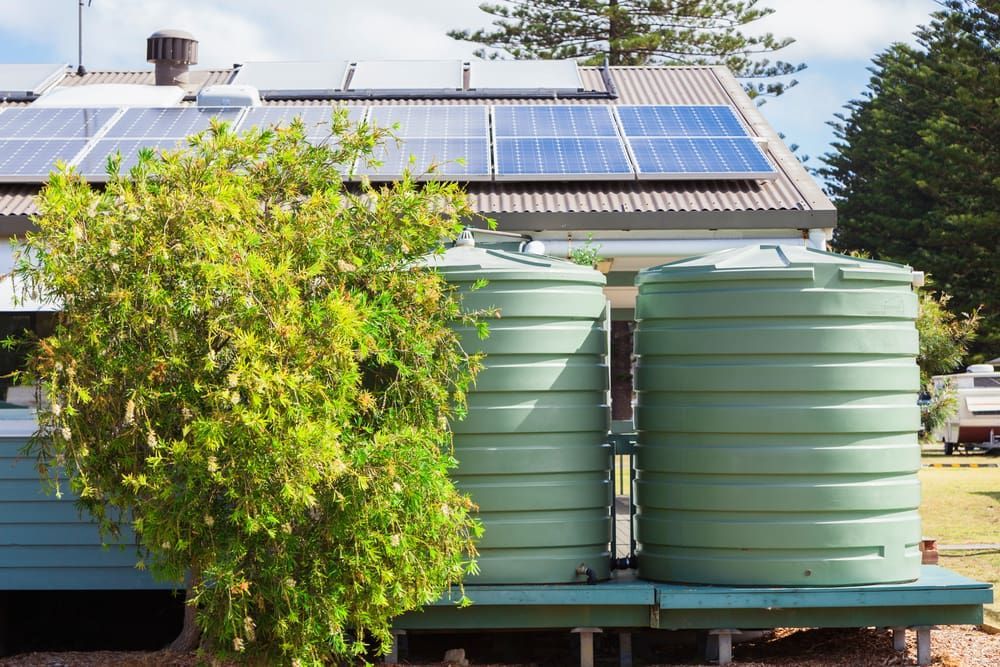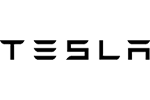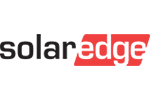Transitioning Your Home To Solar Energy: A Complete Guide
A Comprehensive Guide to Reducing Energy Costs and Enhancing Sustainability with Solar Power and Solar Hot Water

Switching your home to solar energy can seem like a significant leap, but with the right information, it becomes an achievable and rewarding process. Solar energy isn’t just a trend; it’s a sustainable solution that can drastically reduce your energy costs, lower your environmental impact, and increase your home’s value. In this guide, we’ll explore the key aspects of transitioning to solar energy, focusing on both solar power and solar hot water, so you can make informed decisions and get the most out of your investment.
Why Choose Solar Energy?
As energy costs continue to rise, homeowners are increasingly looking for alternatives to traditional power sources. Solar energy provides a cost-effective and eco-friendly solution. Not only does it allow you to harness clean, renewable energy directly from the sun, but it also reduces your dependence on the power grid, giving you greater energy independence. Over time, the initial costs of solar installation can be offset by the savings on your energy bills, making it a worthwhile investment.
Installing a solar system in your home offers several key benefits:
- Cost Savings: While the upfront cost can be a consideration, the savings on monthly energy bills can be substantial, especially as electricity prices continue to rise.
- Environmental Impact: Solar energy is renewable and has minimal environmental impact compared to fossil fuels, contributing to lower greenhouse gas emissions.
- Increased Property Value: Homes with solar installations are often valued higher, as new buyers can benefit from the energy savings.
- Energy Independence: Producing your own energy lessens your reliance on external power sources, providing stability during outages or fluctuations in energy prices.
Solar Power: Generating Electricity for Your Home
How Solar Power Works
Solar power systems use photovoltaic (PV) panels to convert sunlight into electricity. These panels are typically installed on your roof, capturing sunlight and transforming it into direct current (DC) electricity. An inverter then converts this DC electricity into alternating current (AC), which is the type of electricity used in your home.
Solar power systems can be tailored to meet different energy needs. For example, if you have a larger home with high energy usage, a larger system with more panels can be installed. Conversely, smaller homes can be equipped with fewer panels, ensuring that the system fits both your budget and energy requirements.
Benefits of Solar Power
- Reduced Electricity Bills: Solar power directly offsets your electricity consumption, allowing you to save on monthly bills.
- Low Maintenance: Solar panels require very little maintenance. Most systems only need a regular cleaning and an occasional check-up to ensure optimal performance.
- Longevity: Solar panels are designed to last 20–30 years or more, providing long-term value and reliability.
- Sustainable Power: Solar power produces no emissions, which means it’s a clean, eco-friendly energy source.
Types of Solar Power Systems
There are a few options to consider when transitioning to solar power:
- Grid-Connected Systems: These are connected to the power grid, allowing you to draw electricity from the grid when needed and feed excess power back into it.
- Off-Grid Systems: These systems are ideal for remote areas or those seeking complete energy independence, as they include battery storage to provide power even when the sun isn’t shining.
- Hybrid Systems: Combining solar panels with battery storage, hybrid systems offer the flexibility of grid-connected systems with the backup benefits of off-grid systems.
Solar Hot Water: Heating Your Water Sustainably
How Solar Hot Water Works
Solar hot water systems use the sun’s energy to heat water for household use. Unlike solar power systems, which generate electricity, solar hot water systems focus solely on heating water. There are two main types of systems used for this purpose:
- Flat Plate Collectors: These are traditional solar panels designed specifically to absorb sunlight and heat water. They are efficient, durable, and provide a reliable hot water source.
- Evacuated Tube Collectors: Comprising multiple glass tubes, these collectors are particularly efficient in colder climates as they better retain heat.
In a typical system, solar collectors are installed on your roof, where they absorb sunlight and transfer heat to a water storage tank. Some systems come with a backup heater, allowing you to heat water on cloudy days or during times of increased demand.
Benefits of Solar Hot Water
- Reduced Heating Costs: Water heating can account for a significant portion of household energy bills. Solar hot water systems reduce the need for gas or electricity, providing immediate savings.
- Eco-Friendly: Since they rely on renewable solar energy, solar hot water systems reduce your reliance on fossil fuels and lower your carbon footprint.
- High Efficiency: Solar hot water systems are typically 3-4 times more efficient than electric water heating systems, as they directly convert sunlight into heat.
Choosing the Right Solar Hot Water System
When selecting a solar hot water system, consider your household’s size, water usage, and local climate. Larger families may benefit from a bigger storage tank, while homes in colder areas may prefer evacuated tube systems for better heat retention. Both types can be configured to meet your specific needs, providing reliable hot water while lowering your energy costs.
Planning Your Transition: Important Considerations
Assess Your Energy Needs
Before installing solar panels or a hot water system, evaluate your household’s energy consumption. This will help you decide on the size and type of system that suits your lifestyle and budget. Consider factors such as household size, climate, roof space, and your energy goals (whether you want full energy independence or partial grid reliance).
Understand Financial Incentives
Many regions offer government incentives, rebates, or subsidies for solar installations. These incentives can significantly reduce upfront costs, making it easier to transition to solar energy. Check with local authorities or consult with your solar provider to find out what incentives you may be eligible for.
Consult with Professionals
A professional assessment ensures that your property is suitable for solar and helps you select the best products for your needs. A reputable provider will offer an on-site assessment, explaining how much you can save on energy bills and recommending a customised solution.
Making the Switch to Solar with Solahart
Transitioning your home to solar energy is a step toward a more sustainable, cost-effective future. Solar power and solar hot water systems each bring unique benefits, helping you save money, reduce your carbon footprint, and enjoy greater energy independence. At Solahart, we are committed to providing reliable, high-quality solar solutions tailored to your home or business.
Serving areas including Lismore, Ballina, Byron Bay, Alstonville, Evans Head, Mullumbimby, Ocean Shores, Bangalow, Casino, Kyogle, Tenterfield, Tweed Heads, Murwillumbah, and Kingscliff, our team is here to guide you every step of the way. Contact us today at 02 6621 8088 to arrange your free on-site solar assessment and explore the best solar options for your property.














